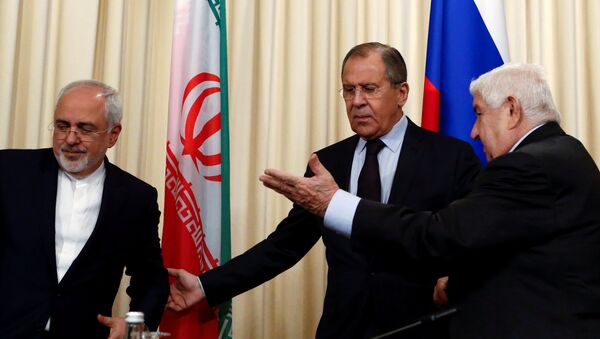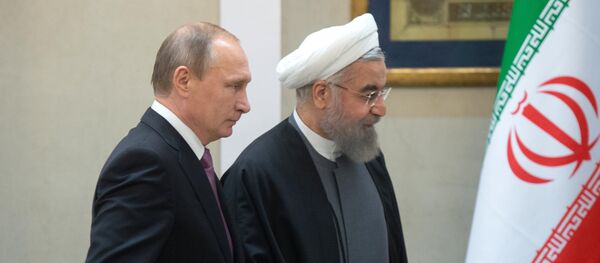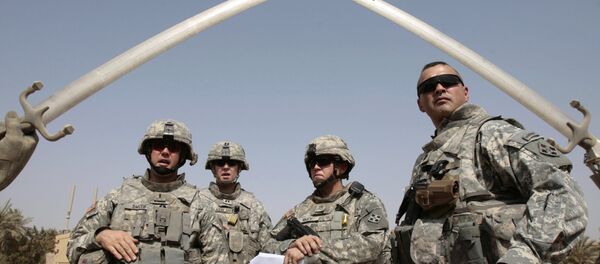Trump is "most likely worried about the emerging triangle, comprising Russia, Turkey and Iran. There is nothing surprising about it. This triangle will de facto control the situation in the Middle East. The United States has been present in the region for a long time and has no intention of withdrawing. This is why this triangle is a serious issue for the US," Kazakov explained.
On Monday, Russian Foreign Minister Sergei Lavrov emphasized that Iran "has never been seen having any ties" with terrorist organizations. Instead, Tehran has greatly contributed to tackling Daesh in Syria, he added.
"Recent developments leave no doubt that the Kremlin has decided to 'bare its teeth' towards the new US administration. At the same time, [Moscow] has also pointed to two significant aspects in relations between" Russia and the United States, Alksnis wrote for Vzglyad.
On the one hand, Russia's response "clearly shows" that the Kremlin does not intend to be in a "weak position" when engaging the White House.
"Contrary to what many think, the Kremlin clearly understands that Trump is in no way 'pro-Russian.' He is undoubtedly a 'pro-American' president. At the same time the new US leader is pragmatic. He is also known as a talented and constructive, but tough negotiator. As a result, a 'weak' position [at this stage] could have long-term negative implications [for Moscow]," she explained.
Alksnis further said that Iran could potentially become a "grave point of contention" between Russia and the United States.
Kazakov shared these sentiments, saying that Iran will "definitely" become one of the key issues plaguing the dialogue between Russia and the US, adding that it was linked to the changing balance of power in the Middle East.
Never miss a story again — sign up to our Telegram channel and we'll keep you up to speed!



